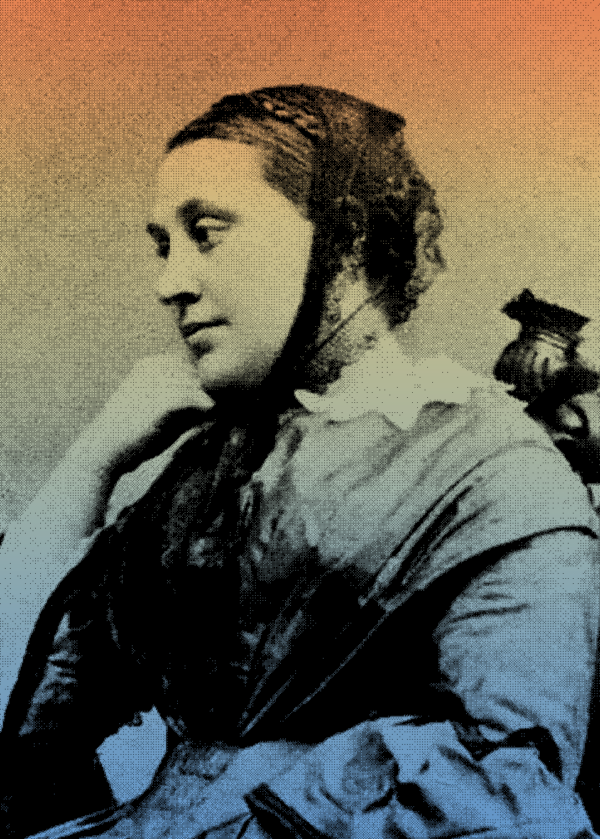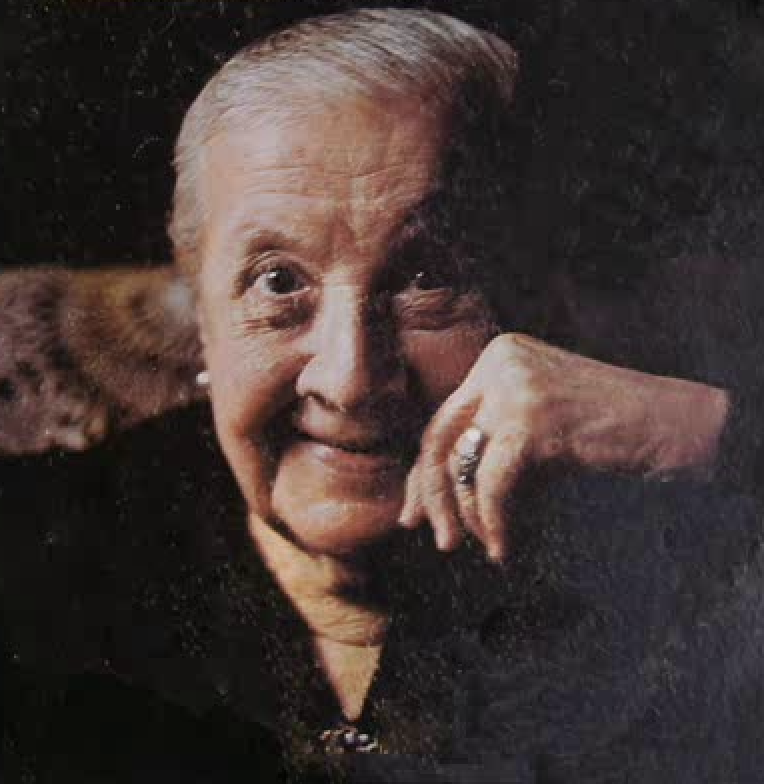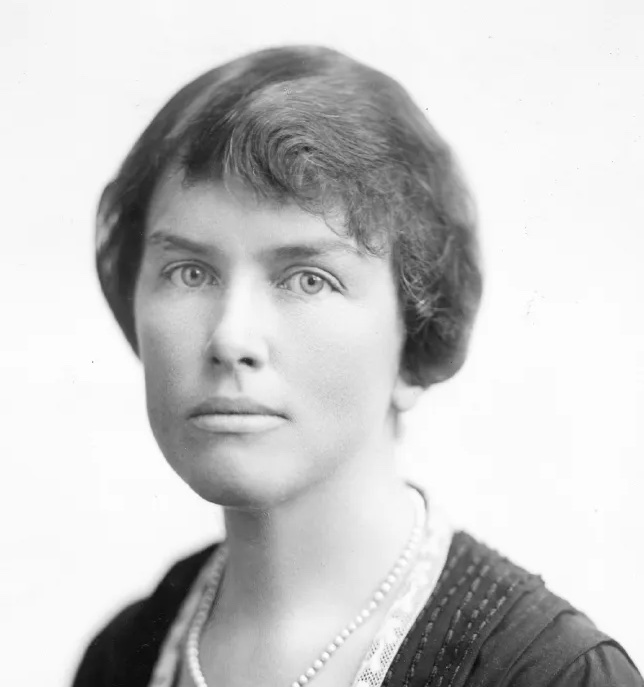Marie Franz published one opus of six songs in 1846, under her maiden name Hinrichs, and then, after marrying the composer Robert Franz, stopped writing music. Or so the story went: it turns out that a collection of fifteen song manuscripts is housed in the Handel House in Halle, Germany, and several of these songs appear to have been composed after she got married. These songs, even more than those of her op. 1, are astonishingly inventive, as forward-looking as any songs from the middle of the nineteenth century. They deserve to be heard more widely. The three video recordings below—each one based on an unpublished manuscript—are all world premieres.
Additional Resources
Marie Franz’s music has gone largely unexplored, but here are some resources worth consulting.
- Rodgers, Stephen. “Analysis, Performance, and the Deep Nineteenth Century: The Case of Marie Franz.” In The Lied at the Crossroads of Performance and Musicology, ed. Benjamin Binder and Jennifer Ronyak, 147–70. Cambridge University Press, 2024.
- Rodgers, Stephen. “The Simple and Stirring Songs of Marie Hinrichs.” Women’s Song Forum. August 2, 2021.
- Rodgers, Stephen. “In Praise of Simplicity: Marie Hinrichs’s op. 1, Neun Gesänge.” Music & Musical Performance 5/2 (March 2024): 1–8.
- Susan Youens’s comments about her songs in Heinrich Heine and the Lied (Cambridge University Press, 2007).
- Esther Kirsch’s biographical sketch of Marie Franz, website of Musikkoffer Sachsen-Anhalt.
- Review of her op. 1 song collection, Allgemeine musikalische Zeitung 46 (November 1846): 763.
Analytical Notes
Franz’s songs are written in a style consistent with many other German Lieder from the middle of the nineteenth century. They are thoroughly tonal but with many moments of expressive chromaticism. They feature lyrical, singable melodies. And their accompaniments are within the reach of an intermediate player (with a few notable exceptions, including ”Meine Ruh’ ist hin,” discussed below).
Which is not to say that her songs are commonplace or uninventive. Indeed, when it comes to harmony and tonality, they are groundbreaking, with a tonal freedom and fluidity that look ahead to late 19th-century music. Their piano accompaniments are also richly varied, with textures that respond to the shifting ideas and emotions of the poetry.
Here are some analytical observations about two of the songs featured below. My hope is that these comments will be useful to those who would like to use her songs in the classroom, the private studio, or the recital hall.
“Meine Ruh’ ist hin” (My Peace is Gone)
This song, drawn from Franz’s unpublished manuscripts, is a setting of Gretchen’s monologue from part 1 of Goethe’s play Faust. Schubert’s iconic 1814 song “Gretchen am Spinnrade” (Gretchen at the Spinning Wheel), with its arpeggiated accompaniment that evokes the spinning of Gretchen’s wheel and the churning of her emotions, is based on the same poem. (You can find the score here.) If Schubert uses the piano to create a sense of anxiety, Franz uses it to create an even greater sense of turmoil. The expression marking is Leidenschaftlich (passionate), and the song begins with rapid 32nd notes, immediately striking a tone of distress, even panic. Other sections use less active accompanimental textures, but they are no less evocative; for example, at the words “the touch of his hand, and ah, his kiss!” the music shifts suddenly to a halting dotted-quarter–eighth rhythm, as Gretchen luxuriates in the thought of Faust’s embrace.
In addition to its virtuosic and expressive accompaniment, the song is remarkable for its inventive approach to tonality. Franz had a gift for using changes of key to reflect changes of mood, and this song is no exception. Much of the song dwells in the tonic, F minor, but at crucial moments it moves into distant keys. Twice Franz touches on the remote key of B minor, and she does so when Gretchen’s pain is greatest—when she imagines life without him being “like a grave,” and when she says, “Ah! If I could clasp and hold him.” Tonal disturbance corresponds with psychic disturbance; the song breaks with the norms of mid 19th-century tonality, just as Gretchen, madly obsessed with Faust, seems to break with reality.
“Kirschblüth” (Cherry Blossoms)
On the face of it, this song (also from Franz’s unpublished manuscripts) is as different from “Meine Ruh’ is hin” as possible: eighteen measures instead of eighty-seven, slow and reflective rather than quick and passionate, and simple and chorale-like rather than virtuosic. (You can find the score here.) But the brevity and simplicity of the song are deceptive: tonally, it is a marvel. The poem, by an unknown poet, sets an idyllic scene: the poetic speaker walks hand in hand with his beloved among the cherry blossoms, his soul smiling and her eyes smiling at him as she looks at him lovingly. Only the last line—“Und ich weiß nicht wie sich’s fand” (And I don’t know how it came to be)—introduces a note of doubt.
In her setting of the poem, Franz picks up on this final line and allows it to color everything that comes before it. Tonally, the song is shot through with uncertainty. It sounds stable enough at the beginning, opening with a progression in F-sharp major. But F-sharp is not the tonic of the song. The key signature has six sharps, suggesting either B major or G-sharp minor, but there isn’t a B major or G-sharp minor chord in the whole song. A cadence at the end of the opening section confirms G-sharp as a tonic, but with a G-sharp major chord, not a G-sharp minor one, and it arrives only after passing through the distant key of F major. This is a song that, for all its apparent calm, searches for a sense of security, outwardly smiling but inwardly uncertain.
The music turns again to F major later in the song, leading to a fermata on the words “Kirschbaum blüht” (cherry tree blooms)—which is a brilliant stroke; it makes us (like the speaker of the poem) question the meaning of the events and images in this scene. Are the beloved’s eyes glowing with love or glistening with tears? Does the blooming tree bring to mind the joy of new love or the pain of lost love? Does the whole scene recount a moment of bliss that has just happened or does it attempt (futilely perhaps) to retrieve a moment of bliss that happened long ago and has now vanished? As if to drive home the point that nothing in this song or this poem has a stable meaning, in the last phrase Franz echoes the singer’s melody in the piano, so that we imagine the piano repeating the singer’s crucial words: “und ich weiß nicht … und ich weiß nicht.”




